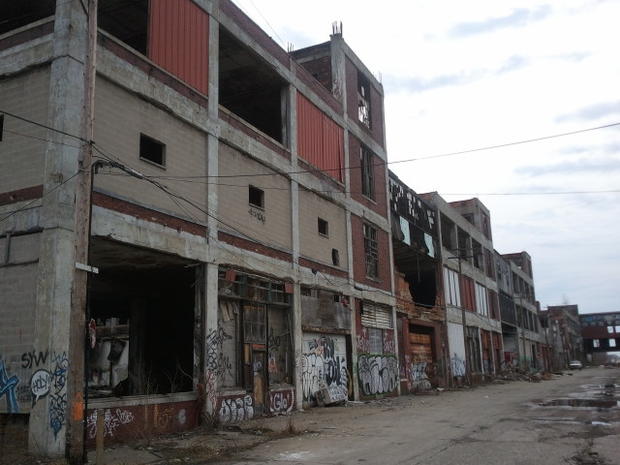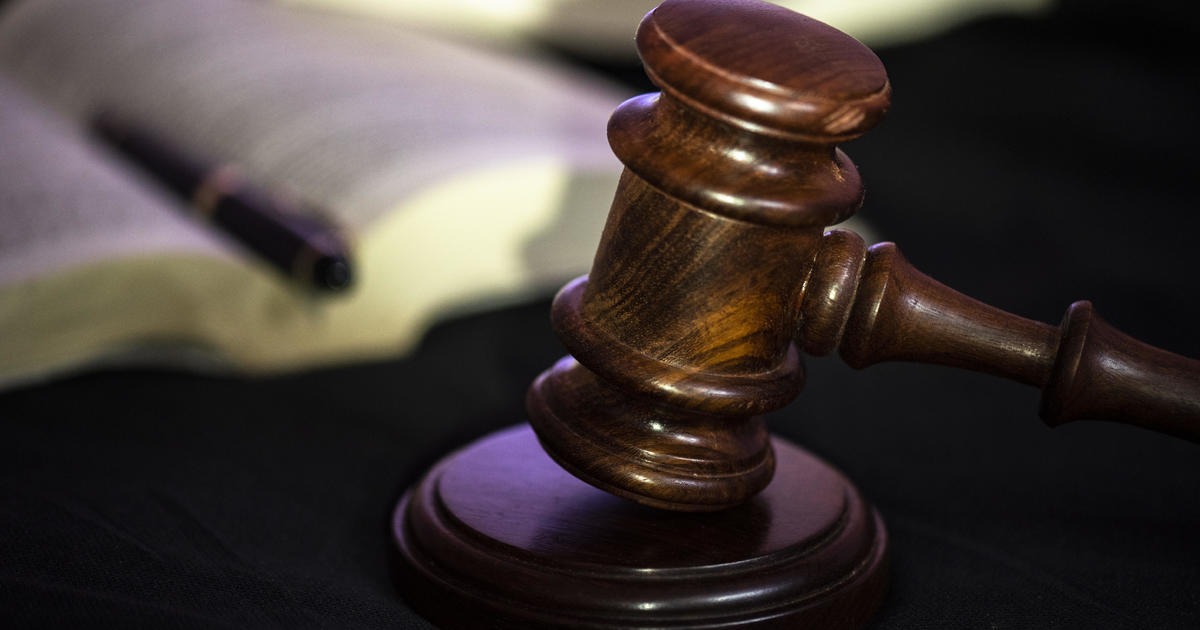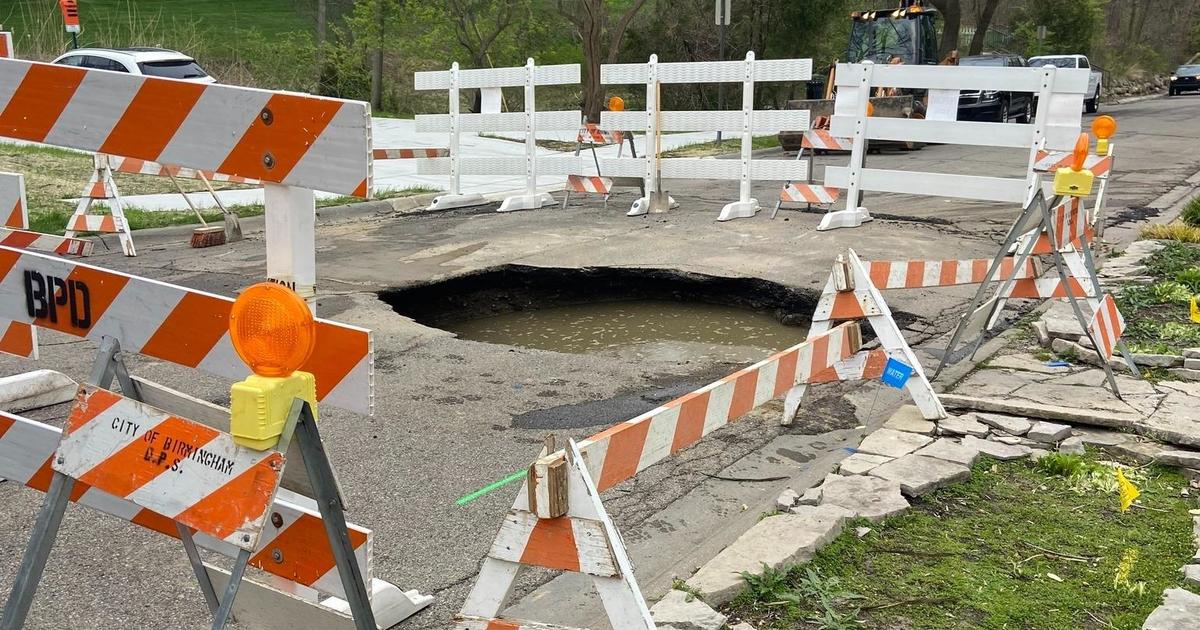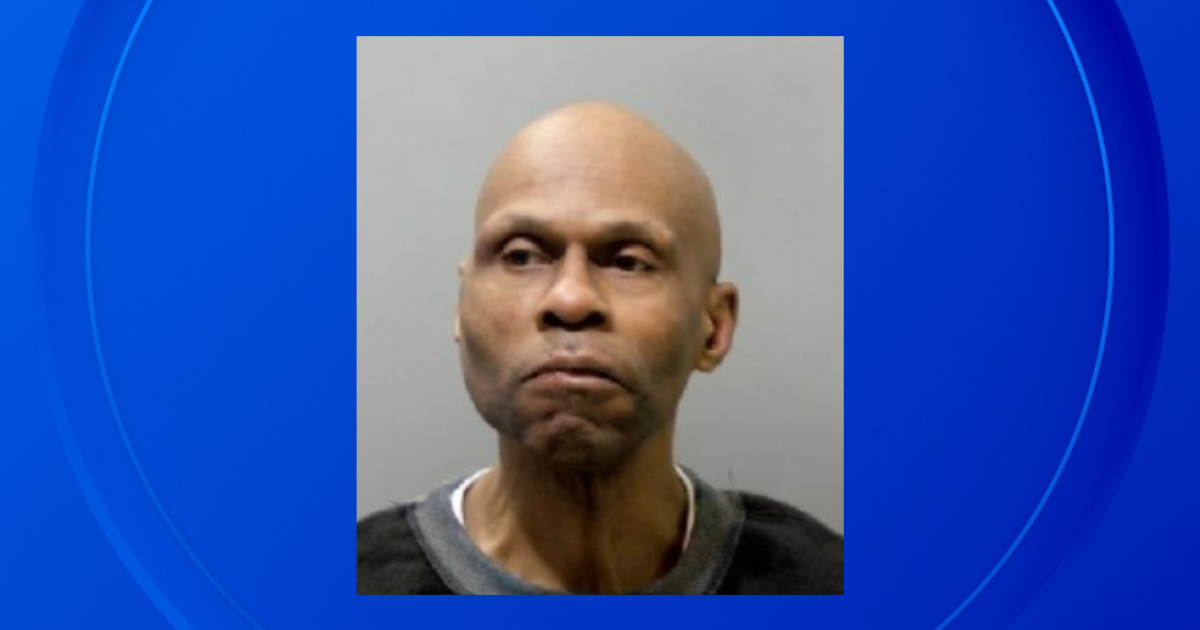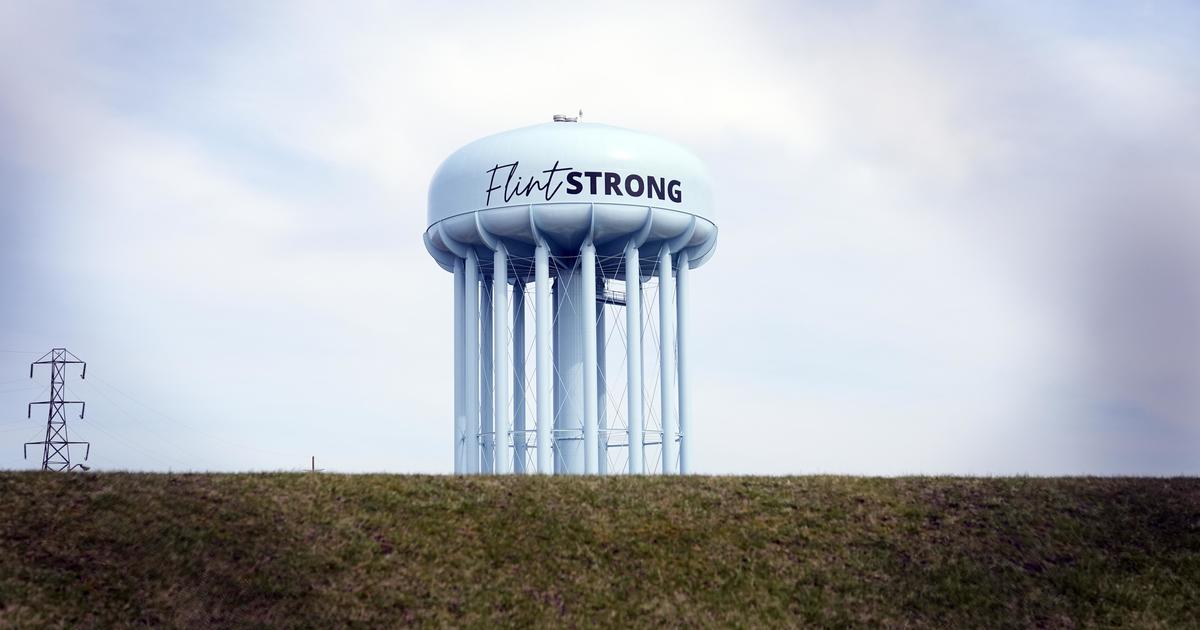Developer Eyes Redeveloping Detroit's Packard Site
DETROIT (AP) - Developers have set their sights on a deteriorating former Detroit car plant that's become better known for malicious destruction and urban decay.
Evanston, Ill.-based developer Bill Hults is leading a group of investors who want to redevelop the 3.5 million-square-foot former Packard plant, The Detroit News reported Wednesday. They hope to convert the 110-year-old facility into a commercial, housing and entertainment complex.
Hults said he's been talking for months with Wayne County officials about buying the plant out of foreclosure for its nearly $1 million unpaid tax bill. County Chief Deputy Treasurer David Szymanski confirmed the conversations, but cautions that the property presents many challenges.
PHOTOS: A PEEK INSIDE THE PACKARD PLANT
"We want to make sure the neglect of this property does not continue," said Szymanski. A sale could be completed within several weeks and the agreement will require the buyers to secure the building within six months or demolish it, he said.
"If this comes to fruition, it will be a home run. I have a difficult time imagining any property that presents the issues that the Packard plant does," Szymanski said.
The plant was built in 1903, and the last Packard automobile was built there in the mid-1950s. Other smaller industrial businesses have used the facility since. As the years passed, the plant increasingly became the target of thieves, metal scrappers, urban explorers and graffiti artists.
"Packard is a global brand and has a global identity," Hults said. "I couldn't spend enough money to have that built-in identity. ... If Packard wasn't there or was bulldozed, we wouldn't be doing this."
Hults, who has dubbed the redevelopment project the Villages of Packard, has retained Albert Kahn Associates, the architectural firm that built the complex. Rick Dye, a principal on the project at Kahn, said "the bones are still good."
Hults has a string of unpaid debts in the Chicago area, with state and federal liens indicating he owes about $208,000 in back taxes, the newspaper reported. He said the debt is closer to $50,000 and that he plans to resolve that soon.
Other investors, whom he declined to name until the project proceeds, include private backers, foundations and real estate trusts, he said. One of them is a humanitarian group that wants to spend $85 million on veteran and senior housing in the area.
Hults said the investors want to save as many of the complex's 47 buildings as possible. Preservation plans include the covered bridge over Grand Boulevard connecting buildings - a favored target for graffiti.
(© Copyright 2013 The Associated Press. All Rights Reserved. This material may not be published, broadcast, rewritten or redistributed.)
